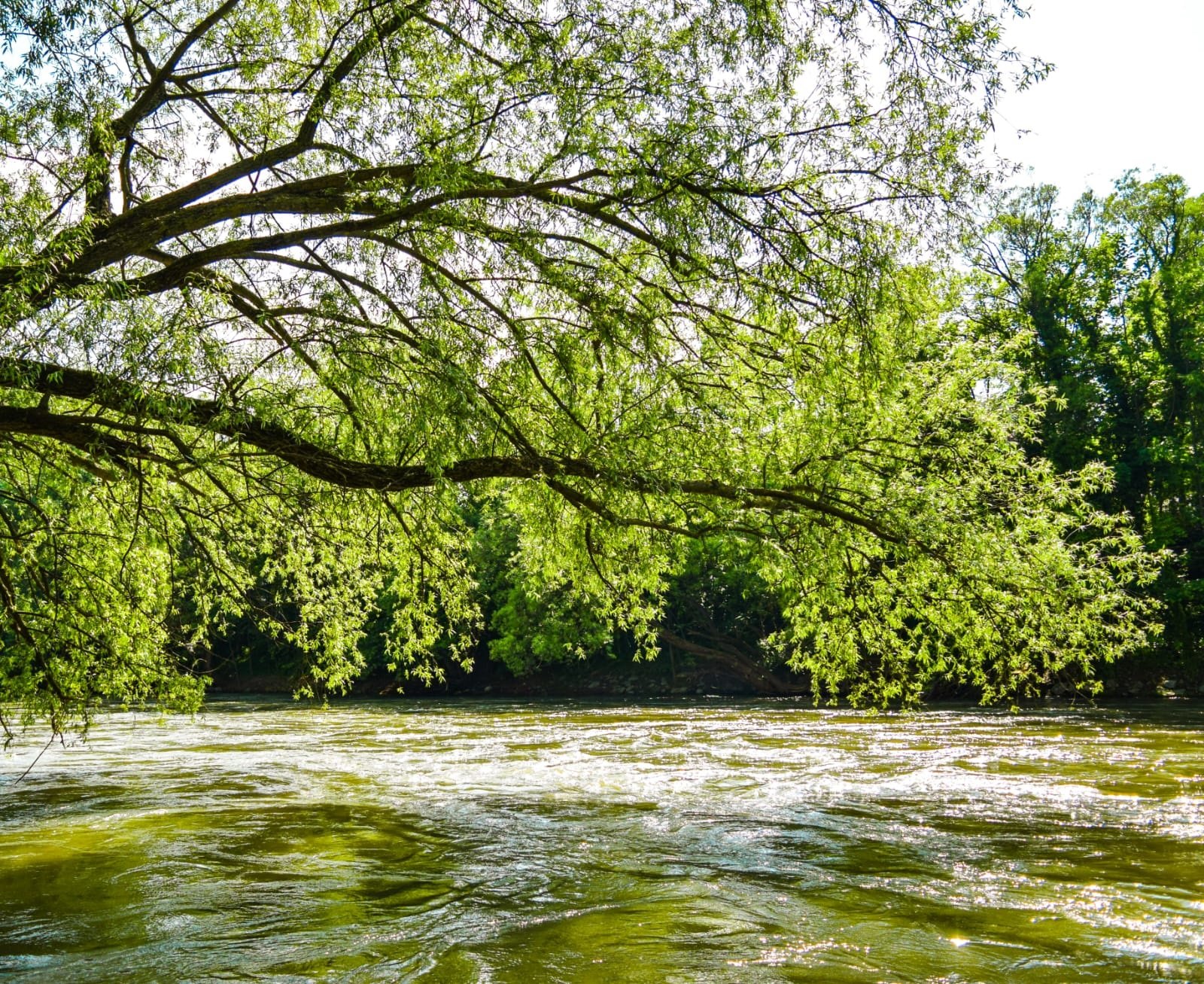
Analysing-Synthesising-Guiding
The overall aim of ‘Analysing-Synthesising-Guiding’ is to strengthen the rationale and narratives that underpin the creation and implementation of nature-based solutions. This will be achieved by evaluating existing nature-based solutions projects and analysing their benefits and disbenefits for live able, healthier and resilient cities.
Partners:
Technische Universität München, The University of Sheffield, Sveriges Lantbruks Universitet, Università degli Studi di Firenze, Camara Municipal de Lisboa, Universidade de Sao Paulo, Living Cities Stockholm, Wageningen University, Barcelona Regional Agència Metropolitana de Desenvolupament Urbanístic I d'Infraestructures, S.A., Gobierno de la Ciudad de Buenos Aires, Universidad Mayor, Gobierno Regional Metropolitano de Santiago, Municipalidad de General San Martin, Comune di Torino, Instituto Cidades Sustentaveis
Objectives:
Frame: develop the CONEXUS participatory framework for analysis and assessment of NBS.
Analyse: apply the framework, analysing data about nature-based solutions performance, feeding back into ‘Restoring: demonstrating place-based NBS’.
Synthesise: learning, key messages and narratives for co-creation and co-management of nature based solutions from all parts of CONEXUS to create guidelines and tools that support the transfer and upscaling of nature-based solutions.
A framework will be developed that can be used for the analysis and assessment of nature-based solutions to ensure local impact. Specific and generic indicators will be developed building on existing frameworks and using a participatory engagement approach to complement the core indicators. The framework will be applied to the Life-Labs to measure their impact and success.
The analysis and assessment of nature-based solutions process and outcomes will be undertaken in close cooperation with other project activities. A learning cycle will be established using the outcomes of the transdisciplinary evaluations to iteratively enhance the nature-based solutions and their services and co-benefits. Project learning, key messages and narratives will then be synthesised and guidelines developed to impart new knowledge, guidance and decision-support tools for sustainable nature-based solutions place-making.
Repository of NbS guidance material
The NbS Guidance Repository is a collection of guides, handbooks, manuals, toolboxes, and other guidance materials. These resources are specifically designed to facilitate knowledge brokering and capacity-building on Nature-based Solutions (NbS) for a diverse group of non-academic actors. The guidance materials contain information on specific actions supporting the governance, planning, implementation, management, and monitoring of NbS or related concepts that work with nature, such as Green Infrastructure, Urban Forestry, and Ecosystem-based Adaptation. Additionally, they address challenges related to planning and implementing NbS, including issues with climate change adaptation, biodiversity enhancement, and environmental justice.
Deliverable 4.3: Ecosystem of guidelines and decision-support tools to stimulate NbS co-creation
The CONEXUS project has meticulously curated this Ecosystem of Guidelines to effectively disseminate the rich insights and practical knowledge gained through the comprehensive and action-oriented work on nature-based solutions across Latin America and Europe. This collection of guiding resources is designed to serve a wide range of stakeholders, from urban planners and policymakers, to researchers and community leaders, and to help facilitate the effective adoption and implementation of nature-based solutions in diverse urban contexts.
Implementation of indicators for Nature-based Solutions: How to organize it?
Indicators were implemented in each CONEXUS Life-Lab through a participatory approach to gather evidence of the multiple benefits of Nature-based Solutions (NbS) within unique local contexts. The process of implementation was closely followed to track progress and to collect experiences. The key learnings from this process are summarized in five key massages in this factsheet.
Checklist for Nature-based Solutions Monitoring & Indicators
Monitoring & Indicators (M&I) help document and evaluate the process, progress, performance, and impact of the implementation of Nature-based Solutions (NbS), as well as track whether targets are being met. To support the uptake of M&I in planning practice, this factsheet provides a checklist with key aspects to consider in implementing NbS monitoring processes.
Conexus Key Learning Factsheet Series
Monitoring NbS together for greater uptake and upscaling
Successful implementation and mainstreaming of Nature-based solutions (NbS) require understanding how their benefits are perceived within society and businesses. To build support and collaboration in evaluating NbS benefits, the CONEXUS project has developed an assessment frame, including a stepwise approach to conduct monitoring and assessment with all stakeholders.
Formats for transferring NbS knowledge
In Latin American and European cities, various initiatives are being used for transferring knowledge to different audiences to raise awareness of Nature-based Solutions (NbS) and improve their uptake and implementation. This factsheet highlights some of these initiatives and their experiences as inspirations for further NbS knowledge transfer






